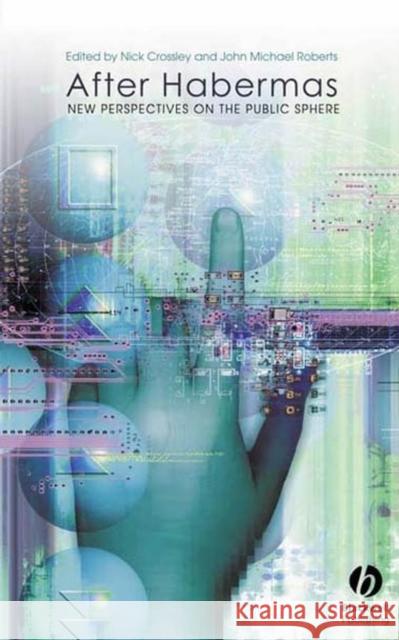After Habermas : New Perspectives on the Public Sphere » książka
topmenu
After Habermas : New Perspectives on the Public Sphere
ISBN-13: 9781405123655 / Angielski / Miękka / 2004 / 192 str.
Critiquing Habermas, this volume bring fresh perspectives and ideas to bear on debates about the public sphere.
- Engages in different ways with Jurgen Habermas's seminal study, The Structural Transformation of the Public Sphere.
- Moves beyond Habermas by reflecting on current social processes and events, such as anti-corporate protests and the emergence of the Internet.
- Considers alternative theories by Bakhtin, Bourdieu and Honneth, among others.
- Combines work by established commentators and new researchers.











